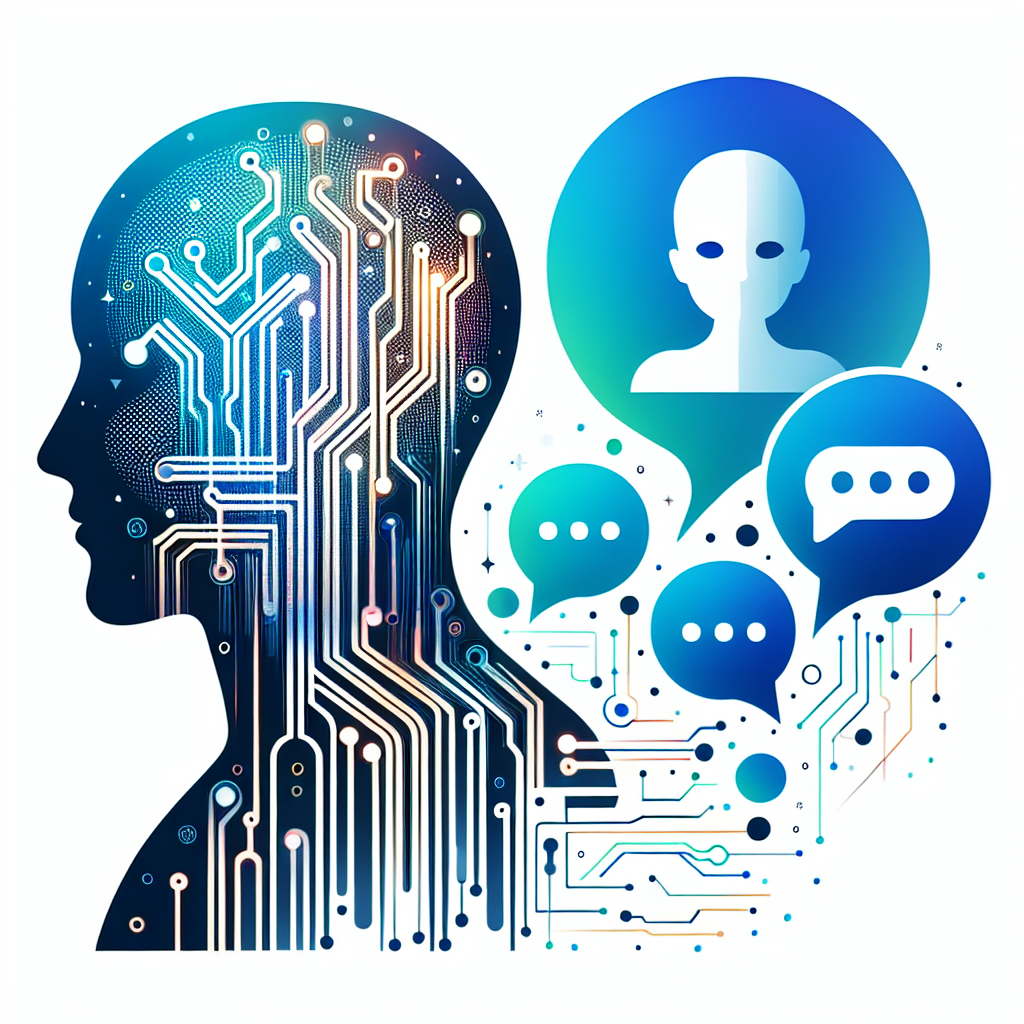Artificial Intelligence (AI) platforms and chatbots have become increasingly popular in recent years as businesses look for innovative ways to improve customer interactions and streamline operations. These technologies have the potential to transform the way companies engage with their customers, automate repetitive tasks, and provide personalized experiences. In this article, we will explore the benefits of AI platforms and chatbots, how they work, and some frequently asked questions about these technologies.
Benefits of AI Platforms and Chatbots:
1. Improved Customer Service:
AI platforms and chatbots can provide immediate responses to customer inquiries, 24/7. This can help businesses improve their customer service by reducing response times and providing accurate information to customers in real-time.
2. Cost Savings:
By automating routine tasks and inquiries, businesses can save on labor costs and free up employees to focus on more strategic tasks. This can result in significant cost savings for businesses in the long run.
3. Personalized Experiences:
AI platforms and chatbots can use data analytics to provide personalized experiences to customers. By understanding customer preferences and behaviors, these technologies can deliver targeted messages and recommendations that are tailored to individual needs.
4. Scalability:
AI platforms and chatbots can handle a large volume of inquiries simultaneously, making them highly scalable. This means that businesses can easily handle spikes in customer demand without the need to hire additional staff.
5. Increased Efficiency:
By automating repetitive tasks, AI platforms and chatbots can help businesses improve efficiency and productivity. This can lead to faster response times, fewer errors, and better overall customer satisfaction.
How AI Platforms and Chatbots Work:
AI platforms and chatbots work by using natural language processing (NLP) and machine learning algorithms to understand and respond to human queries. These technologies can be integrated into websites, messaging platforms, and mobile apps to provide a seamless customer experience.
When a user interacts with a chatbot, the technology analyzes the input and generates a response based on predefined rules or machine learning models. Over time, the chatbot can learn from interactions with users and improve its responses to provide more accurate and relevant information.
AI platforms typically consist of a set of tools and APIs that businesses can use to build, deploy, and manage AI-powered applications. These platforms often include features such as speech recognition, sentiment analysis, and image recognition to help businesses create intelligent applications that can understand and respond to user inputs.
FAQs about AI Platforms and Chatbots:
1. What industries can benefit from AI platforms and chatbots?
AI platforms and chatbots can benefit a wide range of industries, including e-commerce, healthcare, finance, and customer service. These technologies can be used to automate repetitive tasks, provide personalized recommendations, and improve customer interactions in various industries.
2. How can businesses implement AI platforms and chatbots?
Businesses can implement AI platforms and chatbots by working with technology vendors or building their own custom solutions. Many vendors offer pre-built chatbot templates and AI tools that businesses can use to quickly deploy intelligent applications.
3. What are the challenges of implementing AI platforms and chatbots?
Some challenges of implementing AI platforms and chatbots include data privacy concerns, integration with existing systems, and the need for ongoing maintenance and training. Businesses should carefully consider these challenges before implementing AI technologies.
4. How can businesses measure the success of AI platforms and chatbots?
Businesses can measure the success of AI platforms and chatbots by tracking key performance indicators such as response times, user satisfaction, and cost savings. By analyzing these metrics, businesses can determine the impact of AI technologies on their operations.
5. What are some best practices for using AI platforms and chatbots?
Some best practices for using AI platforms and chatbots include providing clear instructions to users, regularly updating content and responses, and monitoring performance metrics to identify areas for improvement. By following these best practices, businesses can maximize the benefits of AI technologies.
In conclusion, AI platforms and chatbots have the potential to revolutionize the way businesses interact with customers and streamline operations. By leveraging these technologies, businesses can improve customer service, reduce costs, and provide personalized experiences to users. As AI continues to evolve, it will be interesting to see how businesses continue to innovate and leverage these technologies to drive growth and success.

